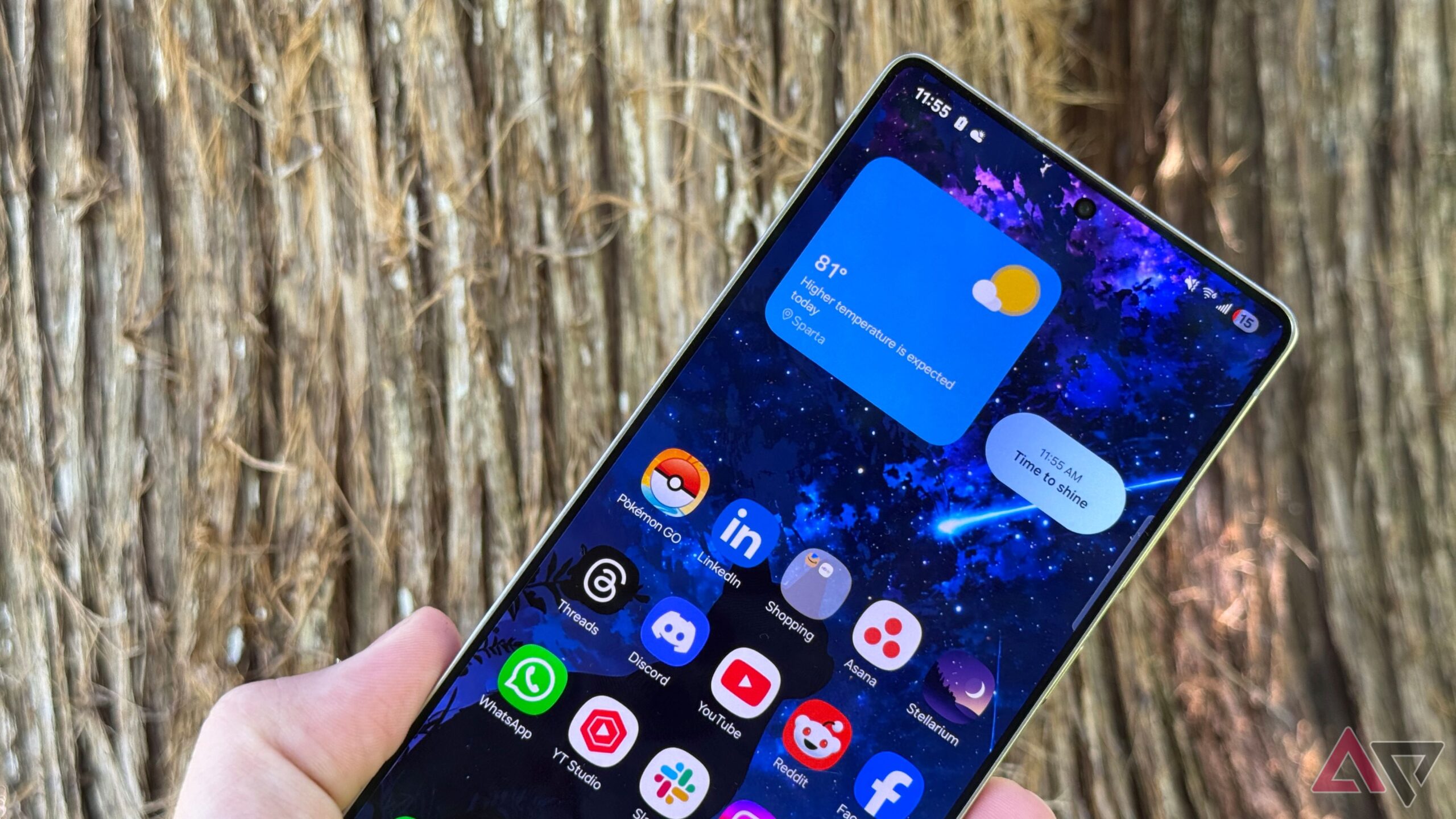
apple vision air reportedly shelved over meta Apple has reportedly decided to halt the development of its lighter and more affordable version of the Apple Vision Pro, redirecting its focus toward competing with Meta’s AI glasses.
apple vision air reportedly shelved over meta
Background on Apple Vision Pro
The Apple Vision Pro, launched in early 2024, marked Apple’s ambitious entry into the augmented reality (AR) and virtual reality (VR) markets. Priced at $3,499, the device was positioned as a premium offering, boasting advanced features such as eye tracking, spatial audio, and a high-resolution display. Apple aimed to create a device that could redefine how users interact with digital content, blending the physical and digital worlds seamlessly.
Despite its innovative capabilities, the Vision Pro’s high price point limited its accessibility to a broader audience. In response to market feedback and competitive pressures, Apple began exploring a more affordable version of the device, tentatively named the Apple Vision Air. This version was intended to be lighter, more user-friendly, and priced significantly lower, making it more appealing to a wider range of consumers.
Shift in Strategy
According to a report by Bloomberg, Apple has opted to shelve the Vision Air project to expedite the development of its first competitors to Meta’s AI glasses. This decision reflects a strategic pivot in Apple’s approach to the AR and VR markets, as the company seeks to address the growing competition posed by Meta, which has been aggressively investing in AI-driven augmented reality technologies.
Reasons for the Shift
Several factors contributed to Apple’s decision to prioritize the development of AI glasses over the Vision Air:
- Competitive Landscape: Meta has made significant strides in the AR space, particularly with its focus on AI integration. The company’s recent announcements regarding its AI glasses have raised the stakes, prompting Apple to respond swiftly.
- Market Demand: As consumer interest in AI-driven applications continues to grow, Apple recognizes the need to align its product offerings with current market trends. By focusing on AI glasses, Apple aims to capture a share of this burgeoning market.
- Resource Allocation: Developing multiple products simultaneously can strain resources. By shelving the Vision Air, Apple can concentrate its efforts on creating a competitive AI glasses product that meets consumer expectations.
Implications for Apple and the Market
This strategic shift has several implications for Apple and the broader technology landscape:
Impact on Product Development
By prioritizing AI glasses, Apple is signaling its commitment to innovation in the AR space. This move could lead to the development of features that integrate AI capabilities, enhancing user experiences. For instance, AI could enable more intuitive interactions, personalized content delivery, and advanced spatial awareness, setting Apple’s offering apart from competitors.
Consumer Expectations
Consumers have come to expect cutting-edge technology from Apple, and the decision to focus on AI glasses may raise expectations for what these devices can deliver. Users may anticipate features such as real-time language translation, enhanced navigation, and immersive gaming experiences powered by AI. Meeting these expectations will be crucial for Apple’s success in this competitive market.
Competitive Dynamics
The competition between Apple and Meta is intensifying, with both companies vying for dominance in the AR and VR sectors. Meta has already established a foothold with its AI glasses, which are designed to integrate seamlessly with its social media platforms and other services. Apple’s entry into this space could disrupt the current dynamics, leading to a race for innovation and market share.
Stakeholder Reactions
The decision to shelve the Vision Air has elicited varied reactions from stakeholders, including industry analysts, consumers, and investors.
Industry Analysts
Many analysts view Apple’s pivot as a pragmatic response to the competitive landscape. According to tech analyst Sarah Johnson, “Apple’s decision to focus on AI glasses is a strategic move that reflects the company’s understanding of market trends. The AR space is evolving rapidly, and Apple needs to stay ahead of the curve.”
Consumer Sentiment
Consumer reactions have been mixed. Some users expressed disappointment over the shelving of the Vision Air, as they were looking forward to a more affordable option. However, others welcomed the focus on AI glasses, recognizing the potential for enhanced features and experiences. “I’d rather wait for something that truly innovates rather than settle for a cheaper version of the Vision Pro,” said tech enthusiast Mark Thompson.
Investor Perspectives
Investors have generally reacted positively to the news, viewing it as a sign of Apple’s commitment to maintaining its competitive edge. The stock market responded favorably, with shares of Apple seeing a slight uptick following the announcement. Analyst David Lee noted, “Investors appreciate Apple’s focus on innovation and its willingness to adapt to changing market conditions.”
Future Outlook
As Apple shifts its focus to AI glasses, the future of the AR and VR markets remains uncertain. The company is expected to leverage its extensive ecosystem, including the App Store and existing hardware, to create a compelling product that integrates seamlessly with users’ lives.
Potential Features of Apple AI Glasses
While specific details about the upcoming AI glasses remain under wraps, speculation abounds regarding potential features:
- AI-Driven Interactions: Users may experience enhanced interactions through voice commands and gesture recognition, allowing for a more intuitive user interface.
- Augmented Reality Applications: The glasses could support a wide range of AR applications, from navigation to gaming, providing users with immersive experiences.
- Integration with Apple Ecosystem: Seamless integration with other Apple devices, such as the iPhone and Apple Watch, could enhance functionality and user experience.
Challenges Ahead
Despite the promising outlook, Apple faces several challenges in developing its AI glasses:
- Technical Hurdles: Creating a lightweight, comfortable, and powerful device that incorporates advanced AI features will require significant engineering and design efforts.
- Market Competition: As Apple enters the AI glasses market, it will face competition not only from Meta but also from other tech giants like Google and Microsoft, who are also investing in AR and AI technologies.
- Consumer Adoption: Convincing consumers to adopt a new category of wearable technology can be challenging, especially if they are satisfied with existing devices.
Conclusion
Apple’s decision to shelve the Vision Air in favor of developing AI glasses underscores the company’s commitment to innovation and responsiveness to market trends. As the AR and VR landscapes continue to evolve, Apple’s ability to deliver a compelling product that meets consumer expectations will be critical to its success. The competition with Meta and other tech giants will likely drive further advancements in the field, ultimately benefiting consumers with enhanced experiences and capabilities.
Source: Original report
Was this helpful?
Last Modified: October 2, 2025 at 5:41 pm
0 views















